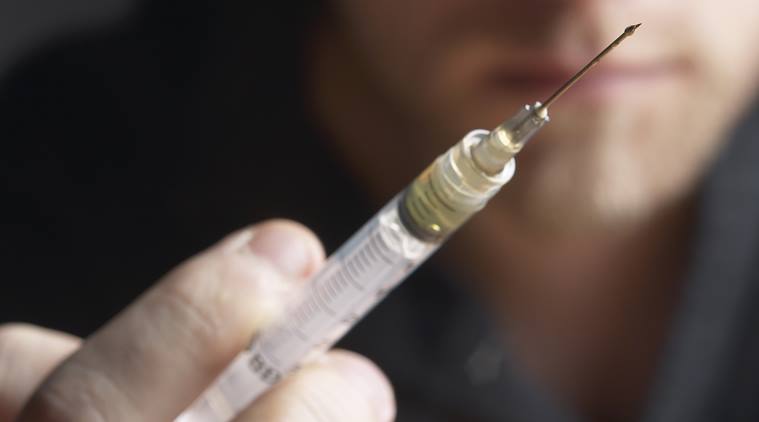FDA, New York Attorney General Go After Stem Cell Clinics
By Chia-Yi Hou,
The Scientist
| 04. 08. 2019
Last week marked a flurry of activity to rein in activities by stem cell clinics that give customers unproven interventions. On Wednesday (April 3), the Food and Drug Administration sent letters to 20 companies providing stem cell treatments, reports The New York Times, reminding them that they may require FDA approval and should take action to comply. The agency also issued a warning to a stem cell company for violating good manufacturing practices. Then a day later, New York Attorney General Letitia James filed a lawsuit against a stem clinic based in Manhattan.
“Misleading vulnerable consumers who are desperate to find a treatment for serious and painful medical conditions is unacceptable, unlawful, and immoral,” James says in a press release. “We will continue to investigate these types of clinics that shamelessly add to the suffering of these consumers by charging them thousands of dollars for treatments that they know are unproven.”
The letters and lawsuit are the latest moves by various government agencies to crack down on those who sell unproven stem cell treatments. Last year, the Food...
Related Articles
By Diaa Hadid and Shweta Desai, NPR | 01.29.2026
MUMBRA, India — The afternoon sun shines on the woman in a commuter-town café, highlighting her almond-shaped eyes and pale skin, a look often sought after by couples who need an egg to have a baby.
"I have good eggs,"...
By George Janes, BioNews | 01.12.2026
A heart attack patient has become the first person to be treated in a clinical trial of an experimental gene therapy, which aims to strengthen blood vessels after coronary bypass surgery.
Coronary artery bypass surgery is performed to treat...
By Staff, ScienceDaily | 01.05.2026
Scientists at UNSW Sydney have developed a new form of CRISPR technology that could make gene therapy safer while also resolving a decades-long debate about how genes are switched off. The research shows that small chemical markers attached to DNA
...
Following a long-standing CGS tradition, we present a selection of our favorite Biopolitical Times posts of the past year.
In 2025, we published up to four posts every month, written by 12 authors (staff, consultants and allies), some in collaboration and one simply credited to CGS.
These titles are presented in chronological order, except for three In Memoriam notices, which follow. Many more posts that are worth your time can be found in the archive. Scroll down and “VIEW...




